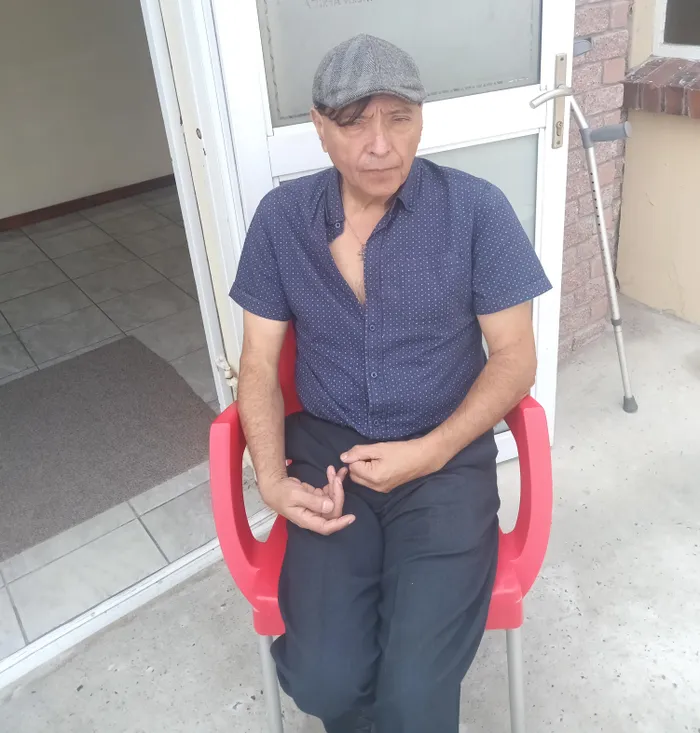Bold production challenges toxic masculinity and patriarchy

Clive Barrows launched a new production called The Penis Dialogues, at Novalis Ubuntu Institute, in Wynberg.
Image: SUPPLIED
A hard-hitting theatre production titled The Penis Dialogues was launched at the Novalis Institute in Wynberg on August 24,
The provocative play tackles toxic masculinity, patriarchy, and the violence that is devastating South African society, aiming to spark dialogue and awareness.
Written and performed by activist and survivor Clive Carl Barrows, 66, the production draws from his own life experiences of childhood abuse and domestic violence, as well as the broader social crises facing the country.
“Patriarchy is heavily ingrained in our culture. We have a history of imperialism, colonialism, and racial capitalism - organised around patriarchal systems, with men holding power and authority. Apartheid was a strategic manifestation of socio-economic and racial power dynamics, giving certain sectors of our society greater access to economic resources, leading to a stratified concentration of power and influence,” said Mr Barrows, adding that he was a victim, like his mom, of horrific domestic violence.
"I have never fully recovered. This production is part of my journey to healing."
The performance portrays personal trauma within a wider national emergency.
“South Africa has some of the highest rates of sexual offences against women and children in the world, high numbers of HIV/AIDS cases, and growing concerns about human trafficking, child exploitation, and hate crimes against LGBTQI+ communities,” he said.
Mr Barrows described this reality as “a horrific tsunami of violence, while government and gated communities are voyeurs of a snuff movie with an epic cast of victims.”
The play uses sharp, provocative storytelling to challenge cultural norms around masculinity and patriarchy.
It confronts issues such as child abuse, rape, homophobia, corrective rape, and cyberbullying. It exposes myths, such as the belief that sex with a child can cure HIV/AIDS, and it explores the power dynamics embedded in gender relations.
Scenes such as Child’s Play and The Secret Lives of Altar Boys highlight the horrors of abuse by relatives, authority figures, and clergy. Another sequence lays bare the growing dangers of online grooming and bullying faced by young people.
Mr Barrows urged communities to speak out against gender-based violence, emphasizing that silence enables perpetrators. Quoting poet and activist Audre Lorde, he said: “Your silence will not protect you.”
The production also appeals to younger generations - Gen Z and Generation Alpha - to dismantle toxic cultural patterns and champion diversity, equality, and inclusion.
”If you are a witness to an act of GBV or Child-based violence or homophobia, lesbophobia or transphobia, you must stay in the community and speak out. Being silent, trapped in inertia.. makes you complicit in a crime. You are as guilty as the perpetrator. We must stand in the community to fight the scourge,” said Mr Barrows.
Mr Barrows connects his activism to a family history of forced removals under apartheid and to the influence of his role models: his mother, Theresa Barrows, and Dr Victor Ritchie, the renowned principal of Harold Cressy High School and champion of holistic education and human rights.
Victims can contact numerous organizations for assistance, including Genderworks with Laurie Gaum at 083 456 1986, Triangle (LGBTIQ+) with Carol Lennon at 076 469 8679, Mosaic at 021 761 7585, Callas Foundation at 072 539 5113, the Trauma Centre for Survivors of Torture and Violence at 021 465 7373, and the Gender-Based Violence Command Centre at 0800 428 428.